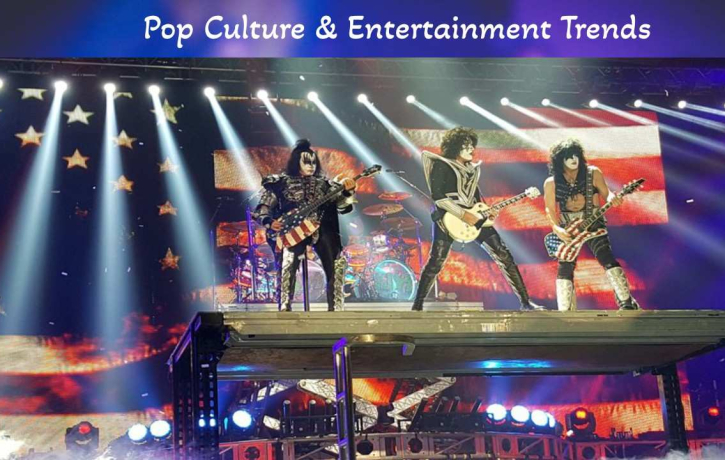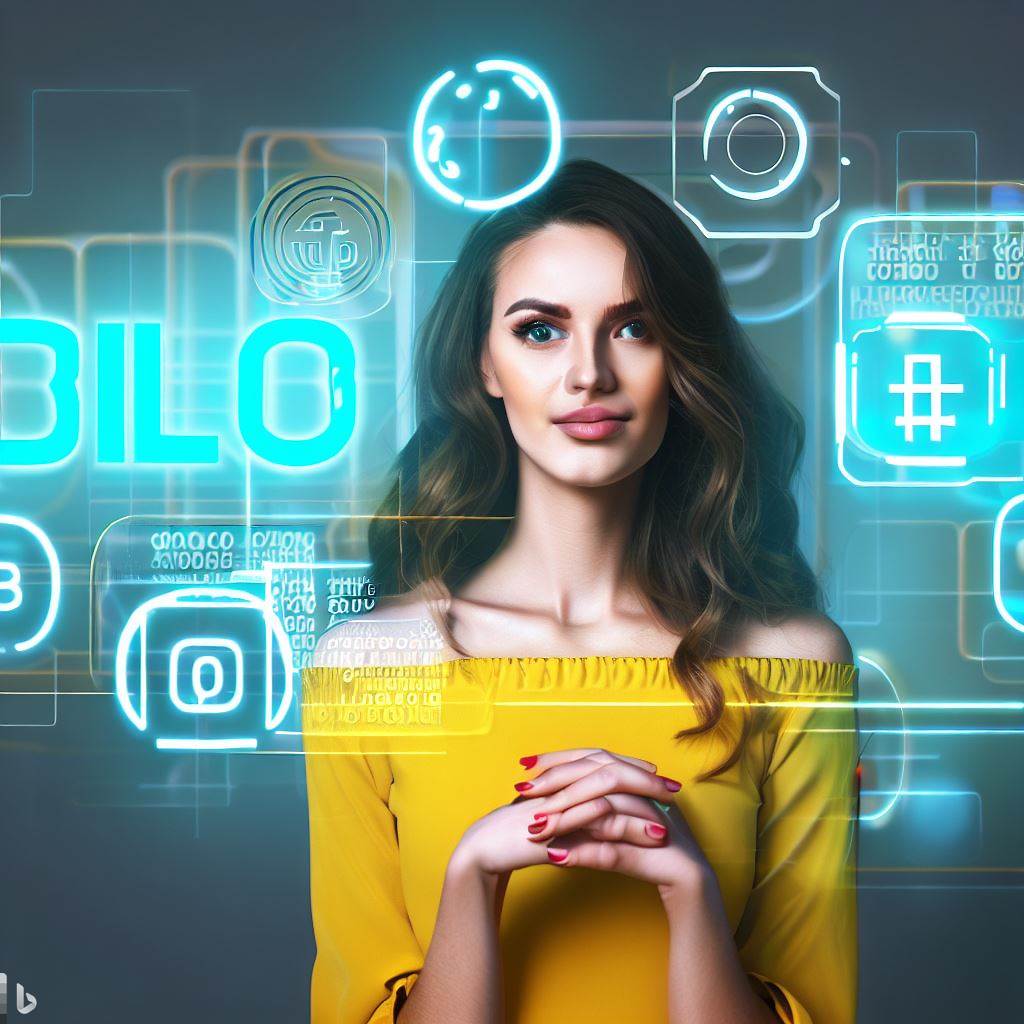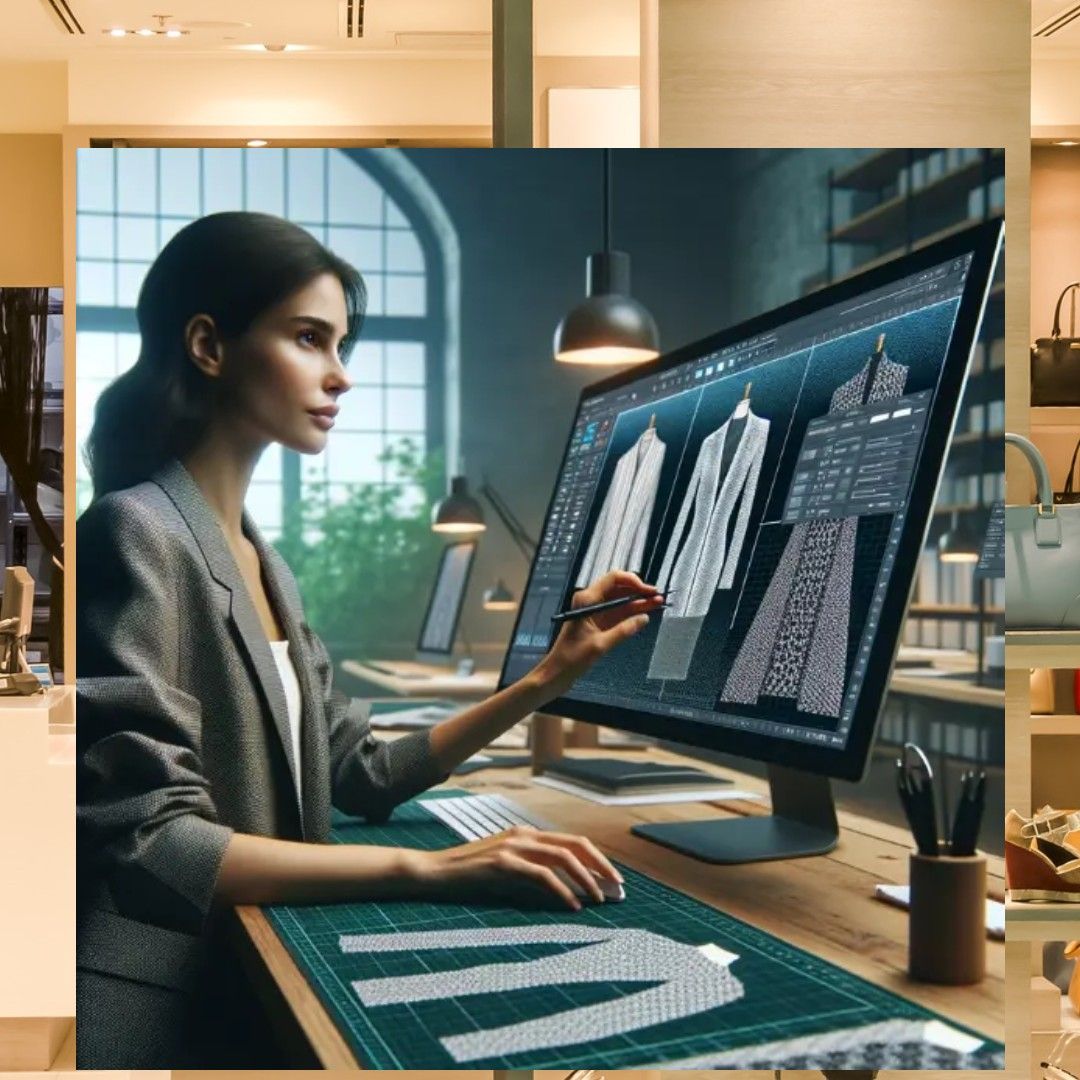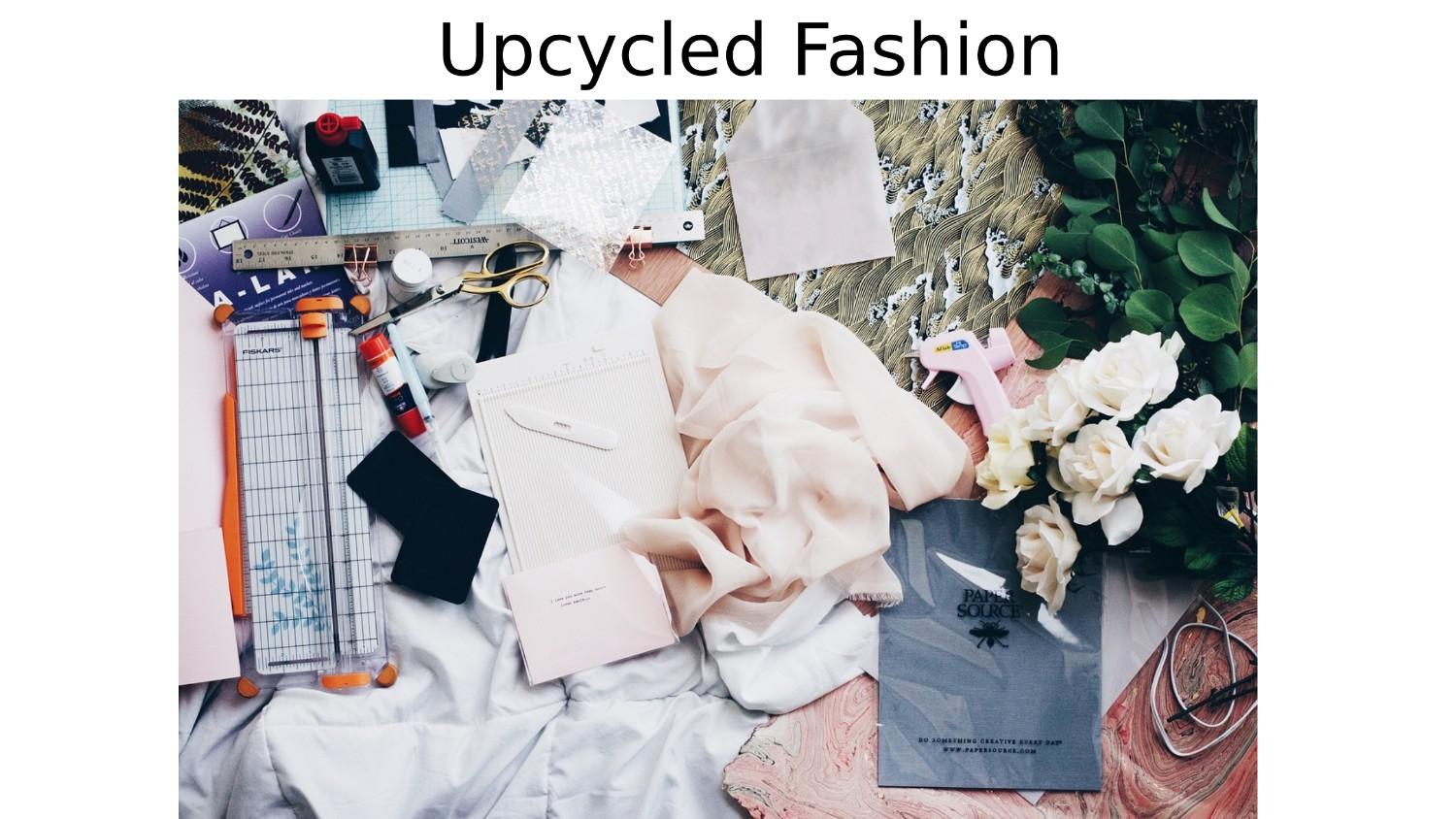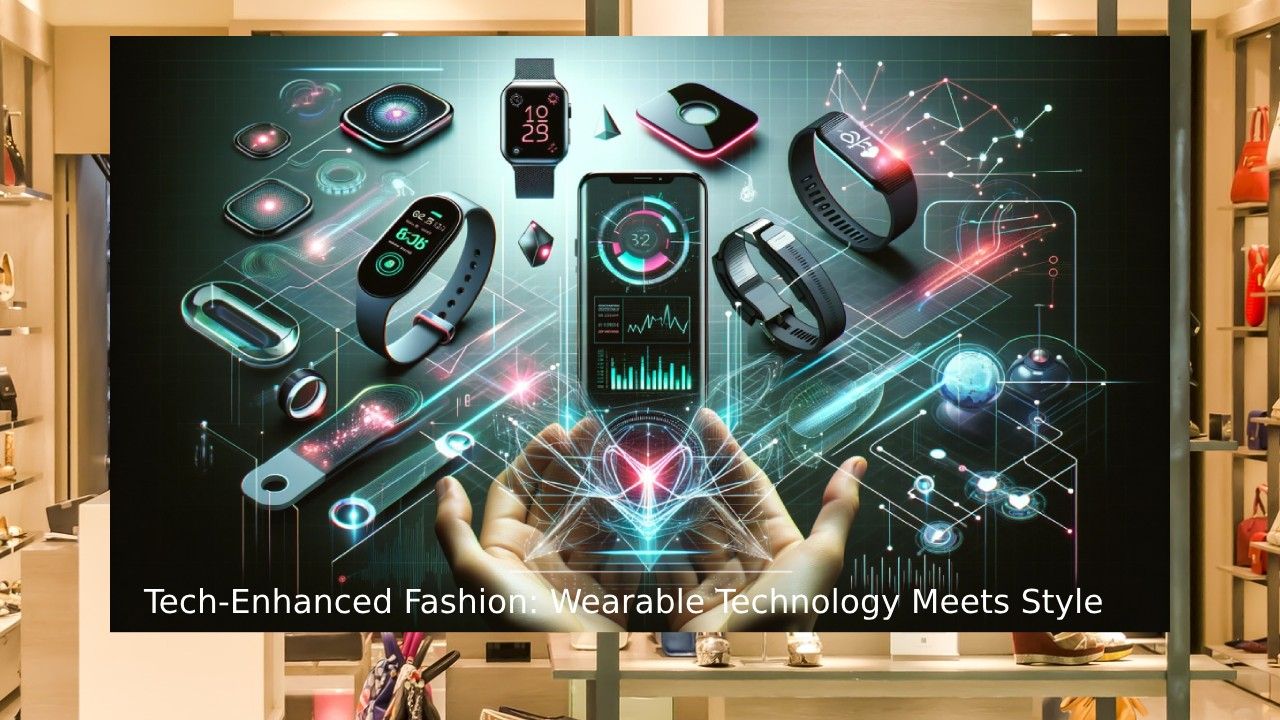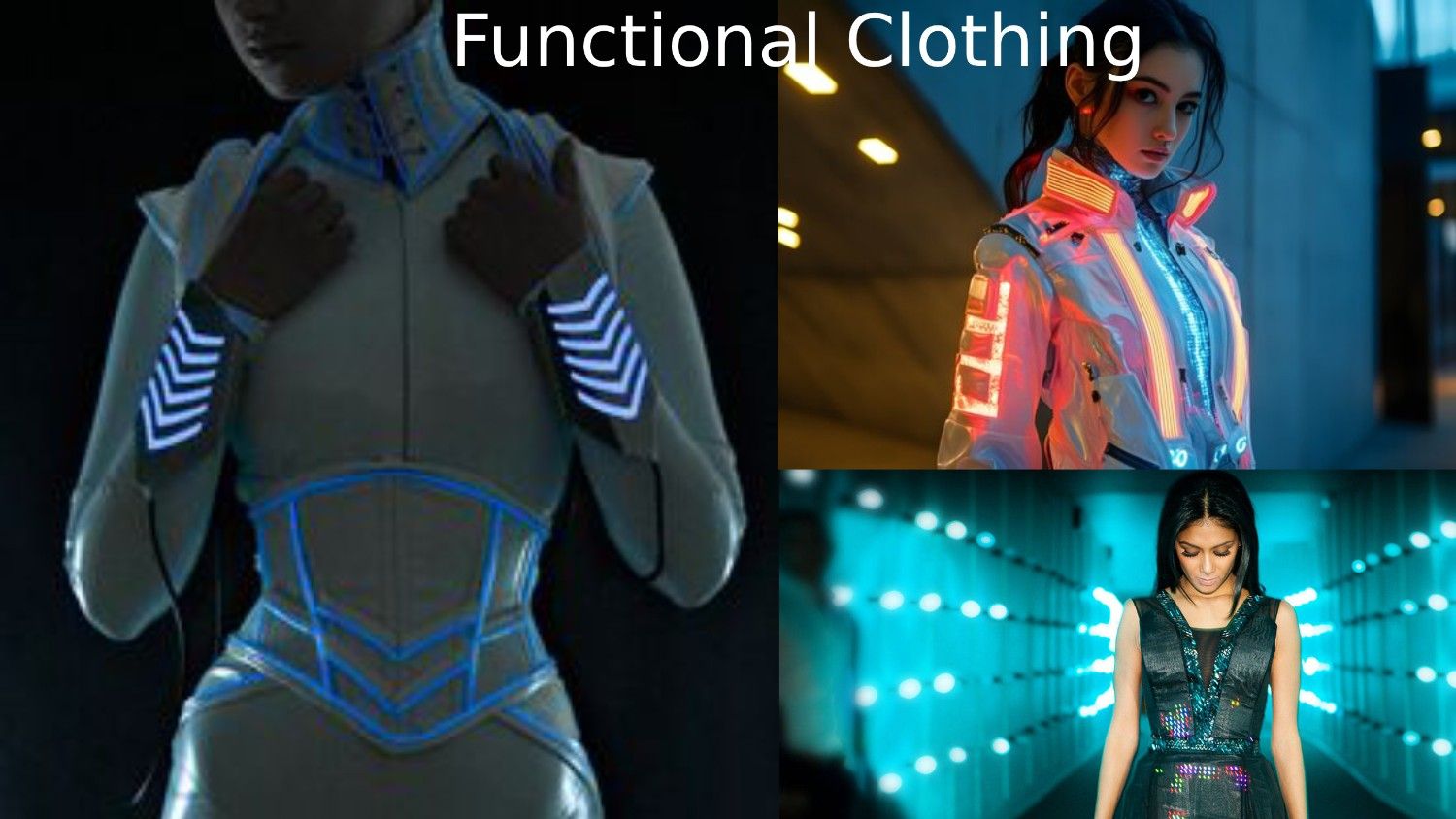- 1 Exploring the Latest Trends in Pop Culture and Entertainment
- 1.0.1 The Rise of Streaming and Digital Platforms
- 1.0.2 Short-Form Video: The Reign of TikTok and Reels
- 1.0.3 Nostalgia and Reboots
- 1.0.4 Diversity and Representation
- 1.0.5 Music Industry Evolution
- 1.0.6 Virtual Celebrities and Digital Fashion
- 1.0.7 Fandom Culture and Interactive Experiences
- 1.0.8 Sustainability and Ethical Entertainment
- 1.0.9 Conclusion
Exploring the Latest Trends in Pop Culture and Entertainment
Pop Culture & Entertainment Trends are powerful forces that shape how we think, communicate, and connect. From viral TikTok dances and blockbuster franchises to emerging artists and streaming sensations, the landscape of entertainment is constantly shifting. In today’s digital and hyperconnected world, staying on top of the latest trends in pop culture isn’t just fun—it’s a way to understand the collective mood and values of society.
The Rise of Streaming and Digital Platforms
Streaming services like Netflix, Disney+, Amazon Prime Video, and newer platforms such as Apple TV+ and Peacock have revolutionized how we consume entertainment. The traditional model of scheduled TV is fading, replaced by on-demand content tailored to niche interests. Binge-watching has become a cultural norm, and exclusive streaming originals often dominate global conversations.
Platforms like YouTube, Twitch, and TikTok have also turned everyday users into content creators and influencers. These creators shape entertainment trends, set fashion statements, and sometimes rival Hollywood in terms of reach and engagement.
Short-Form Video: The Reign of TikTok and Reels
TikTok has redefined pop culture by making short-form video content the new standard. Whether it’s dance challenges, comedy skits, life hacks, or trending audio clips, TikTok sets the pace for what’s cool. Instagram Reels and YouTube Shorts have followed suit, intensifying the race for audience attention in bite-sized formats.
These platforms are also trend incubators. A single viral video can catapult a song, product, or personality into global fame almost overnight.
Nostalgia and Reboots
Another trend dominating pop culture is nostalgia. Revivals of 80s, 90s, and early 2000s content—from TV shows like Fuller House and Bel-Air to fashion styles and music samples—reflect a longing for simpler times. Audiences are responding strongly to familiar characters and stories, often reimagined for a modern context.
Reboots and sequels of classic franchises (Star Wars, Marvel, Harry Potter, etc.) continue to drive fan engagement, merchandise sales, and cinematic universe expansions.
Diversity and Representation
Pop Culture & Entertainment Trends is becoming more inclusive, with an increasing demand for authentic representation of different cultures, identities, and experiences. Films and shows with diverse casts and narratives (Black Panther, Everything Everywhere All at Once, Bridgerton) are receiving critical acclaim and commercial success.
Streaming services have made it easier for global audiences to access content in various languages, leading to the rise of K-dramas, anime, and international cinema (Squid Game, Money Heist, RRR).
Music Industry Evolution
Streaming has also transformed music consumption. Platforms like Spotify, Apple Music, and SoundCloud allow independent artists to reach global audiences without major label backing. Viral TikTok songs regularly top charts, and artists now tailor releases to be “TikTok-friendly.”
Genres are blending more than ever—Latin pop, Afrobeat, K-pop, and EDM often dominate global charts, showing how music has become more global and genre-fluid.
Virtual Celebrities and Digital Fashion
The emergence of virtual influencers (like Lil Miquela) and AI-generated music and art is pushing the boundaries of traditional entertainment. These digital personalities have real social media followers, brand deals, and cultural impact—without being “real” in the physical sense.
Fashion is also going virtual, with brands experimenting in the metaverse and gaming platforms like Roblox and Fortnite offering digital outfits and collaborations with real-world designers.
Fandom Culture and Interactive Experiences
Fandoms have evolved into powerful online communities that fuel the success of entertainment properties. Fan theories, edits, memes, and online debates enhance engagement and influence how creators develop future content.
Interactive storytelling, immersive experiences, and augmented reality (AR) events are becoming more popular. Video games, podcasts, and apps are blending with traditional media to create cross-platform universes that invite audiences to participate, not just consume.
Sustainability and Ethical Entertainment
Audiences are becoming more conscious of the ethical and environmental impact of the entertainment they support. There’s growing demand for sustainable fashion in celebrity wardrobes, eco-friendly productions, and transparency in how entertainment brands treat their workers and the environment.
Conclusion
Pop Culture & Entertainment Trends are mirrors of our collective desires, anxieties, and dreams. As technology evolves and global perspectives widen, entertainment becomes more interactive, diverse, and democratized. Whether through your favorite streaming series, a viral dance trend, or a socially conscious artist, pop culture is a reflection of what matters to people right now—and a powerful force in shaping what comes next.

